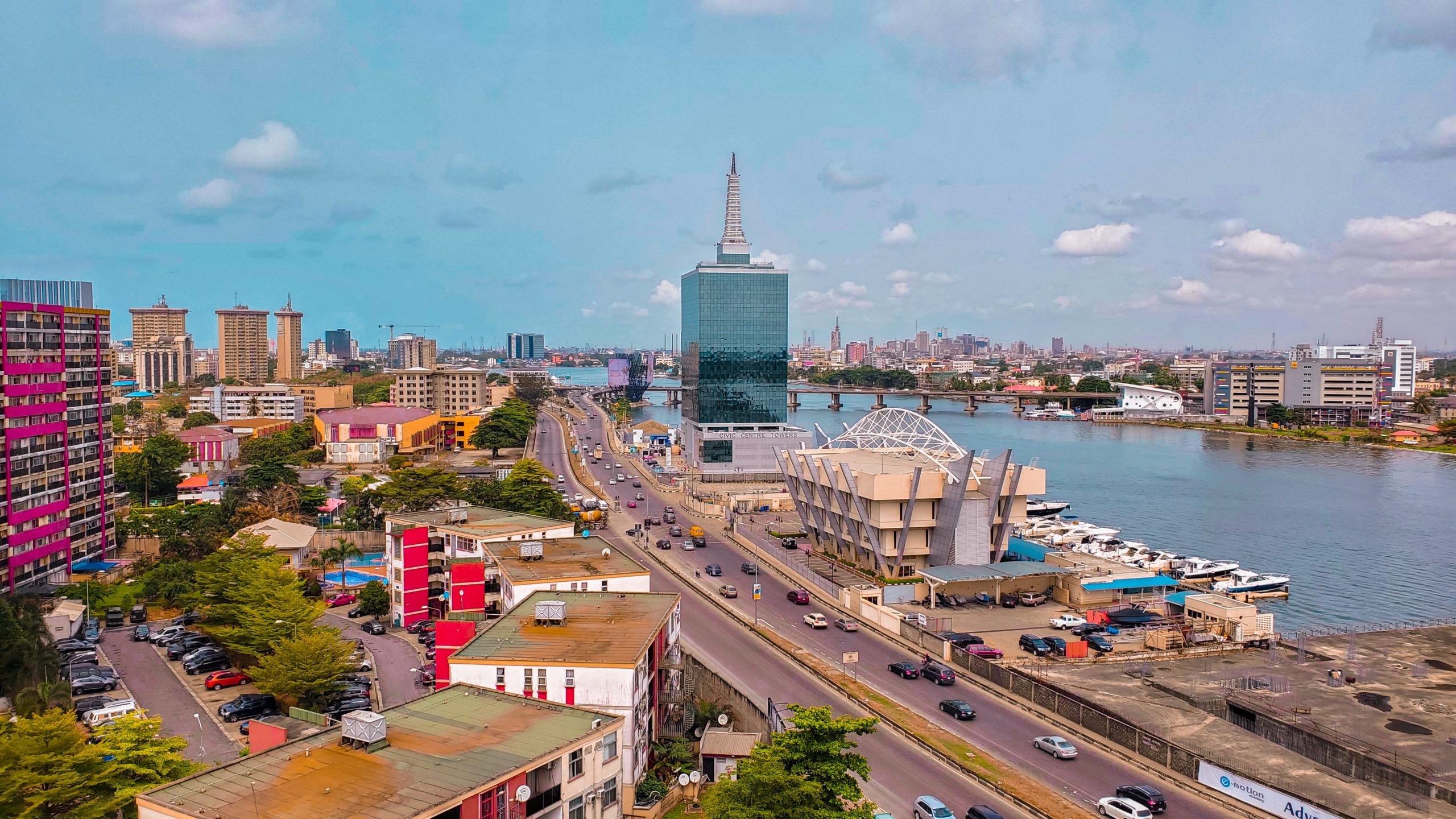Nigeria’s Telecom Growth
In an increasingly digital and connected world, it’s become more important than ever that people have access to reliable and affordable telecommunications services. And in many countries around the world that access is still a work in progress.
Telecom in Nigeria
The telecom sector in Nigeria has been growing rapidly in recent years, with the number of GSM (Global System for Mobile Communication) subscribers hitting 199.5 million in March 2022. The smartphone penetration rate has also increased significantly to what is now estimated to be over 40 million users. The mobile voice segment is the largest and most competitive, with all four major operators – MTN Nigeria, Airtel Nigeria, Globacom, and 9mobile (formerly Etisalat Nigeria) – offering voice services. The mobile data segment is also growing rapidly, with operators investing in 4G and now 5G networks to meet the increasing demand for data services.
Nigeria’s telecom sector is regulated by the Nigerian Communications Commission (NCC), which is responsible for issuing licenses, setting tariffs, and enforcing standards. The NCC has been proactive in promoting competition and investment in the sector and has introduced some initiatives to boost growth. These include the introduction of mobile number portability in 2013, which has increased competition among operators, and the launch of a spectrum auction in 2015, which saw the entry of a new operator (IHS Nigeria) into the market.
The telecom industry has played a significant role in socio-economic development, contributing to GDP growth, employment, and infrastructure development. It currently represents around 12.61% of Nigeria’s GDP and is among the county’s largest contributors to the country’s tax revenue, after its oil and gas sector. The sector has also been a major source of employment, generating hundreds of thousands of jobs yearly.
The Numbers
Nigeria is leading Africa in all things telecom and is set to be a defining force in its market in the coming years.
- The telecommunications sector has continued to grow in the share it contributes to Nigeria’s national GDP.
- Nigeria has 197.49 active mobile phone subscriptions as of January 2022. This is more than any other country in Africa, and the Nigerian Communications Commission (NCC) reports that the subscriber base has grown exponentially year over year.
- In terms of revenue, Nigeria’s telecom sector amassed a whopping N3.25 trillion in 2021. Companies like MTN Nigeria saw explosive profits – a 22.23% growth in revenue for that same year.
- Nigeria’s growing telecom industry has proven to be a major attraction for foreign investors. In fact, between 2015 and 2020, the country’s telecommunications sector collected $3.9 billion in both portfolio and direct foreign investments.
It’s quite obvious that the Nigerian telecom market is growing, and growing fast. What some may be surprised to know however is that this rapid acceleration isn’t forecasted to slow down, and is only expected to continue through to 2025. As the global sector continues to modernize, Nigeria is keeping pace and adopting many newer technologies as they become available. Investments are being made into the country’s existing broadband, with plans for hundreds of millions of new fixed broadband connections by 2025. The hope is that this will serve to surpass the existing network of wireline voice connectors and establish mobile technology as Nigeria’s principal means of connection.
The country is also investing in 5G and anticipating that a majority of its mobile connections will operate on it by 2029. Some of Nigeria’s 2G networks are already being shut down, signaling that progress is indeed being made in this regard. While current actions do indicate that Nigeria’s telecom sector is indeed showing promise, the biggest determinant to its ultimate success and development lies in the hands of the Nigerian government.
Unfortunately, Nigeria is no stranger to violence and insecurity, especially in the northern region of the country. This creates challenges for telecom companies who want to expand their services
into these areas, as it can be difficult to do so without encountering security risks. The key to mitigating this challenge will be for the government to create a more stable and secure environment, which in turn will make it easier for telecom companies to do business. While there are many service providers operating in Nigeria, the lack of competition means that prices are often high, and services can be poor. This is an issue that the government is looking to address and has taken steps to encourage more competition in the telecom sector.
The Future
Nigeria’s telecom sector is forecasted to grow significantly in the coming years, and there’s no reason to believe that this won’t happen. The country has a growing population, a rapidly expanding economy, and a government that is supportive of the telecom sector. This will provide opportunities for new investors looking to enter the market, as well as existing players looking to expand their operations. We can expect to see more consolidation in the industry as companies look to increase their market share. All in all, the future looks bright.

